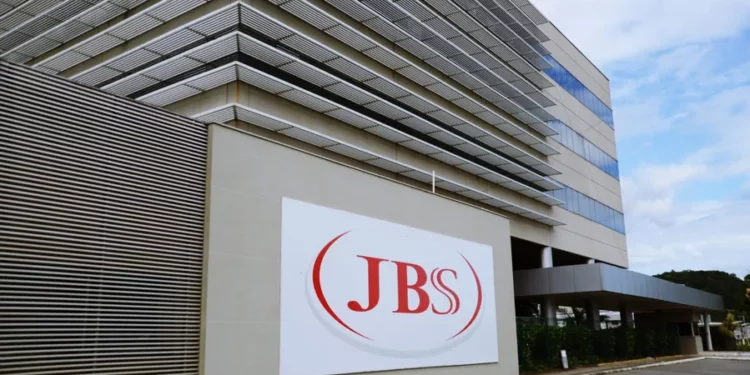JBS, the world’s largest meatpacker, recently announced its merger with Hirtzer, a major agricultural commodities trader. The deal, reportedly worth billions of dollars, is expected to create a powerhouse in the global agricultural industry. Bloomberg first reported the news on Wednesday.
JBS Expands its Reach in the Agricultural Industry
JBS has been expanding its reach in the agricultural industry for several years. The company has made several strategic acquisitions recently, including purchasing Pilgrim’s Pride in 2009 and Moy Park in 2017. JBS is poised to cement further its position as a significant player in the global agricultural industry with the merger with Hirtzer.
Hirtzer Brings Expertise in Agricultural Commodities Trading
Hirtzer, a family-owned business based in Illinois, is a significant player in the agricultural commodities trading market. The company trades corn, soybeans, wheat, and other agricultural commodities. Hirtzer’s expertise in this area is expected to complement JBS’s existing capabilities in the meatpacking industry, creating a more diversified and integrated supply chain.
The Merger is Expected to Benefit Both Companies
Both companies are expected to benefit in several ways from the merger between JBS and Hirtzer. For JBS, the deal will provide access to Hirtzer’s expertise in agricultural commodities trading and its established relationships with farmers and other suppliers. It will enable JBS to manage its supply chain better and improve its ability to secure the raw materials it needs to produce its products.
For Hirtzer, the merger will provide access to JBS’s extensive global network of meatpacking operations. It will enable Hirtzer to expand its reach beyond the US market and tap into new markets worldwide. Additionally, the deal will provide Hirtzer with the financial resources it needs to continue growing its business and investing in new technologies and capabilities.
The Merger is Part of a Larger Trend in the Agricultural Industry
The merger between JBS and Hirtzer is part of a more significant trend in the agricultural industry toward consolidation and vertical integration. In recent years, there has been a wave of mergers and acquisitions in the industry as companies seek to gain scale and diversify their operations. Factors such as the increasing globalization of the food supply chain, rising consumer demand for high-quality and sustainable food products, and the need to improve efficiency and reduce costs are driving this trend.
The Merger Raises Concerns About Market Concentration
While the JBS-Hirtzer merger is expected to benefit both companies, it has also raised concerns about market concentration in the agricultural industry. Critics of the deal argue that the union will give JBS even greater market power, which could result in higher prices for consumers and lower prices for farmers. Additionally, some have raised concerns about the impact of the merger on competition in the agricultural commodities trading market.
The Merger is Still Subject to Regulatory Approval
The JBS-Hirtzer merger is still subject to regulatory approval in several countries. In the US, the deal will need to be approved by the Department of Justice and the Federal Trade Commission, which will examine the merger’s potential impact on competition in the meatpacking and agricultural commodities trading markets. Regulatory authorities in other countries where JBS and Hirtzer operate must also approve the deal.
Conclusion
In conclusion, the JBS-Hirtzer merger marks a significant development in the global agricultural industry. The union will provide JBS access to Hirtzer’s expertise in agricultural commodities trading and establish relationships with farmers and other suppliers. At the same time, Hirtzer will be able to expand its reach beyond the US market and tap into new markets worldwide. However, the merger also raises concerns about market concentration and its potential impact on competition in the industry.

















